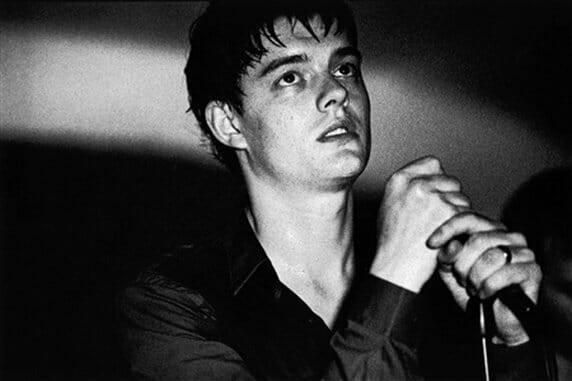Control

Director: Anton Corbijn
Writers: Matt Greenhalgh, Deborah Curtis
Cinematographer: Martin Ruhe
Starring: Sam Riley, Samantha Morton, Craig Parkinson
Studio/Running Time: The Weinstein Company, 121 mins.
It’s interesting that, despite the myriad differences in the individuals that are covered, the recent trend of music biopics all seem largely the same story. Perhaps this is because these individuals do in fact deal with a lot of the same problems and pressures, since they do work in the same business, but ultimately there must be something to separate these journeys from each other.
-

-

-

-

-

-

-

-

-

-

-

-

-

-

-

-

-

-

-

-

-

-

-

-

-

-

-

-

-

-

-

-

-

-

-

-

-

-

-

-








































